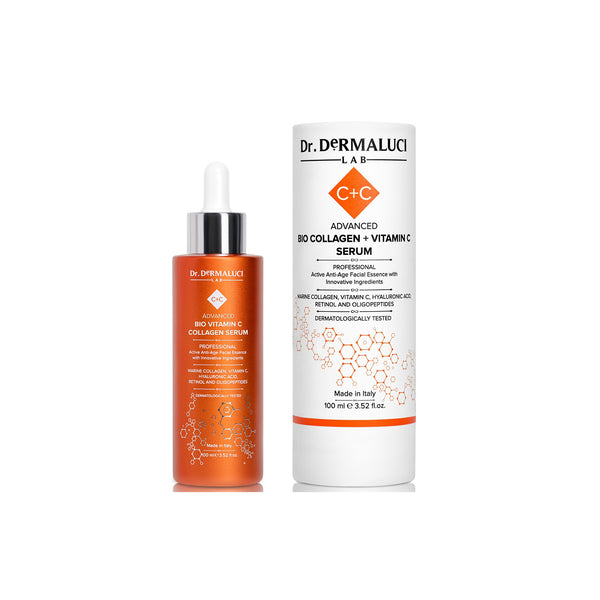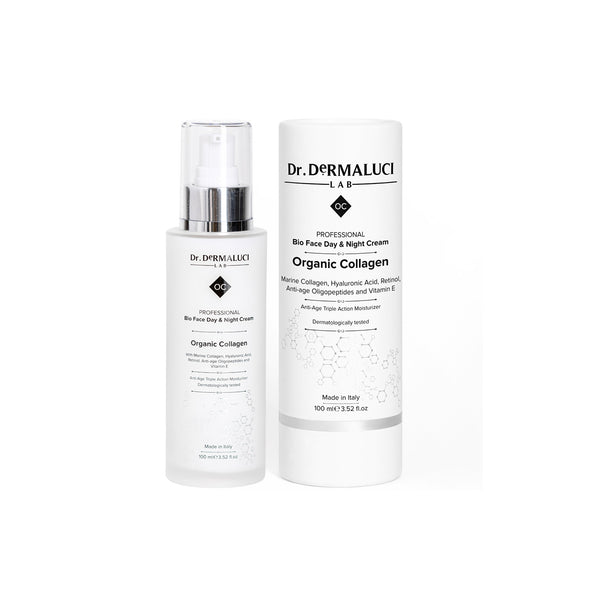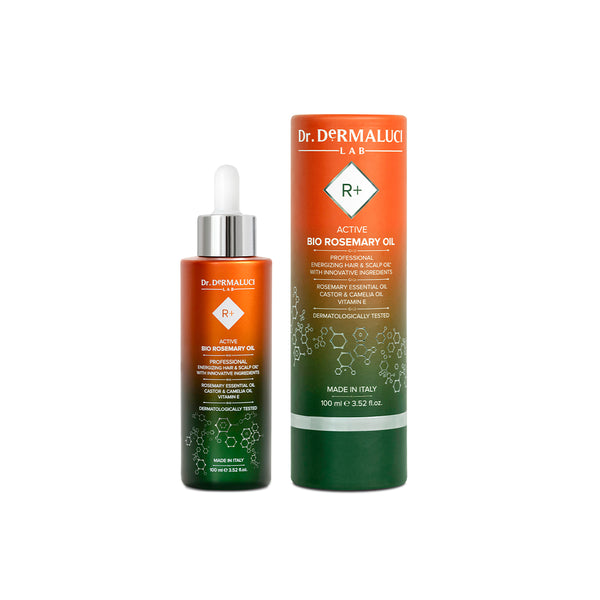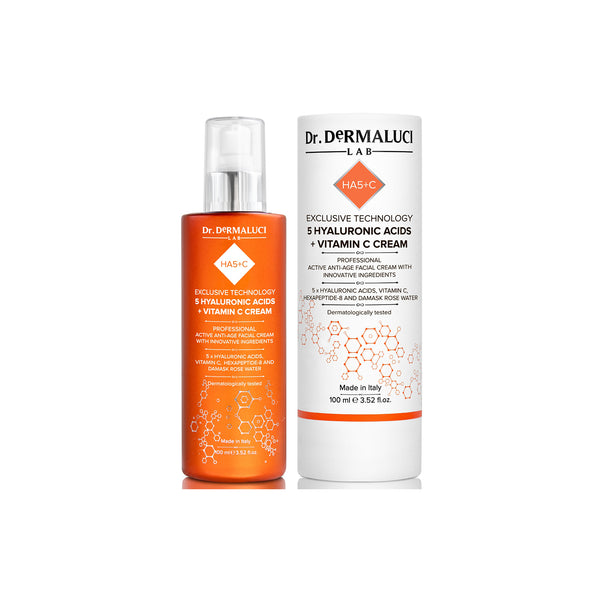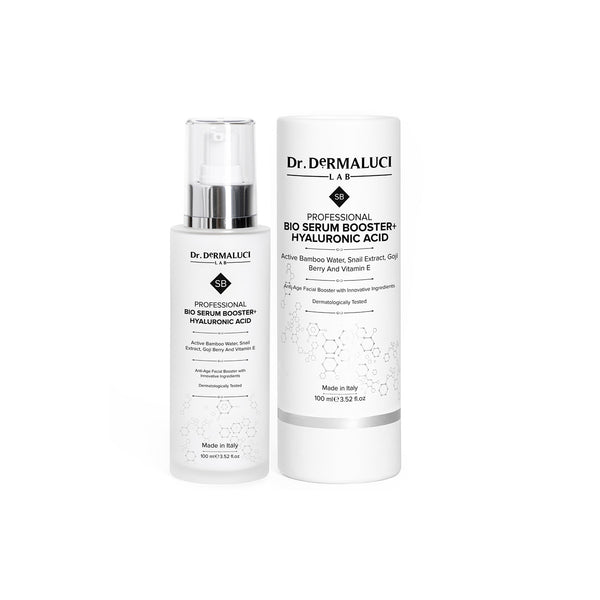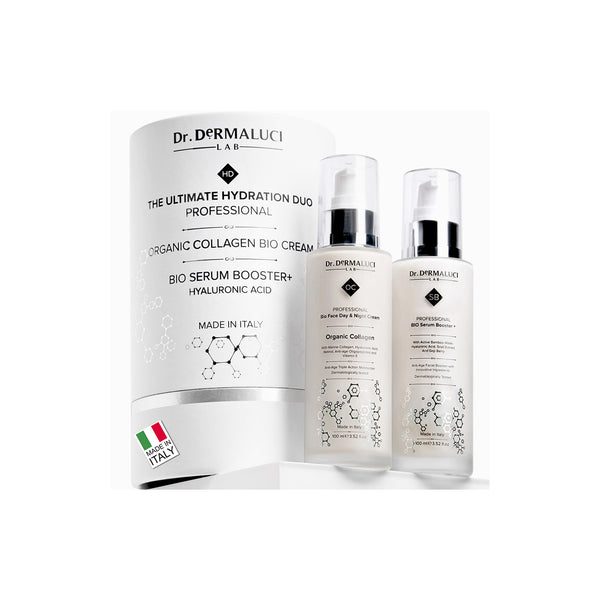
Skin Microbiome & Probiotic Skincare – Clear, Calm Complexion
Your skin is home to billions of microbes. When balanced, they protect and calm your skin. When disrupted, they trigger acne, redness, and irritation.
🧪 Science Corner: What Is the Skin Microbiome?
The microbiome is a living shield — made of bacteria, fungi, and other microorganisms. It regulates inflammation, protects against pathogens, and supports barrier function.
🧼 Smart Beauty Tips: How to Support It
- Use gentle, pH-balanced cleansers
- Avoid over-exfoliation
- Apply serums with prebiotics and probiotics
- Moisturize with microbiome-friendly ingredients
🧬 Ingredient Focus: Prebiotics & Probiotics
Prebiotics feed good bacteria. Probiotics introduce beneficial strains. Together, they restore balance and reduce sensitivity.
✨ Discover Our Formula: Try Dr. Dermaluci Lab’s Microbiome Serum — with Prebiotics, Niacinamide, and Zinc PCA. Dermatologically tested and AIAB certified.
❓ FAQs
Q: Can microbiome imbalance cause acne?
A: Yes — it can trigger inflammation and clogged pores.
Q: Are probiotics safe for sensitive skin?
A: Yes — especially when combined with calming ingredients.
Q: How often should I use microbiome serums?
A: Daily, morning and night.
Q: Can I combine them with retinol?
A: Yes — apply probiotics in the morning, retinol at night.
Q: What’s the best cleanser for microbiome health?
A: pH-balanced, sulfate-free formulas.
Checklist
✅Supports microbiome balance
✅Reduces sensitivity and acne
✅Dermatologist-approved
✅Sustainable packaging
🔗 Continue Reading: The Role of pH in Skincare
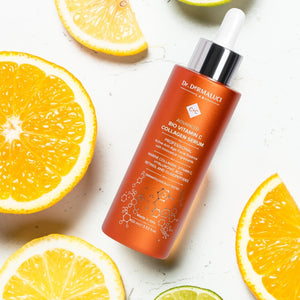
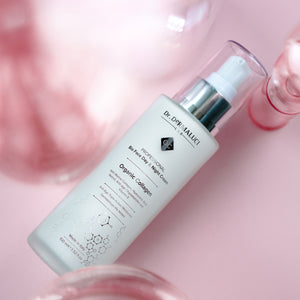
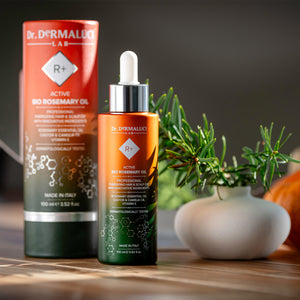
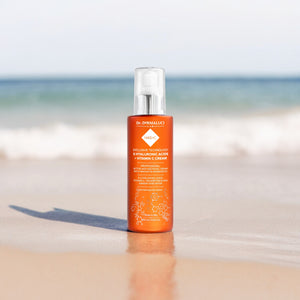
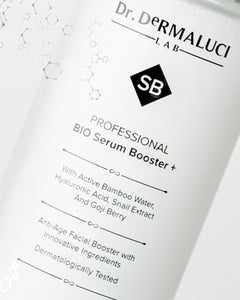
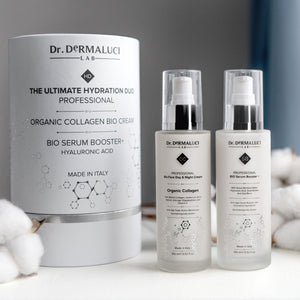

 Verified by shop
Verified by shop







